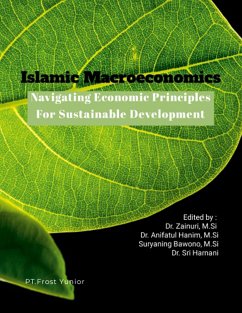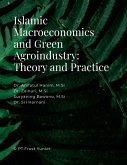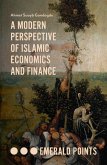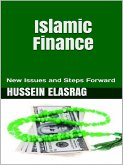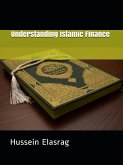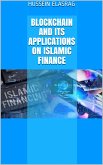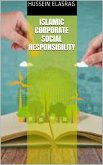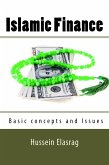Islamic macroeconomics is a branch of economics that studies the behavior and performance of an economy from an Islamic perspective. It aims to achieve the objectives of Shariah, which are to promote justice, equity, welfare, and human dignity in the society. Islamic macroeconomics also seeks to balance the material and spiritual aspects of human life, as well as to preserve the environment and natural resources for the future generations.
This book is a comprehensive and insightful introduction to the principles and applications of Islamic macroeconomics. It covers various topics such as consumption, saving, investment, money, goods market, money market, fiscal policy, monetary policy, exchange rate, inflation, unemployment, balance of payments, and economic growth. It also discusses the challenges and opportunities of implementing Islamic macroeconomic policies in the context of sustainable development and agro-industry.
The book is intended for students, researchers, practitioners, and policymakers who are interested in learning more about the Islamic approach to macroeconomics. It provides a clear and concise explanation of the theoretical foundations and empirical evidence of Islamic macroeconomics, as well as the practical implications and recommendations for policy making. The book also offers a critical and constructive analysis of the strengths and weaknesses of Islamic macroeconomics, as well as the areas for further research and development.
This book is a comprehensive and insightful introduction to the principles and applications of Islamic macroeconomics. It covers various topics such as consumption, saving, investment, money, goods market, money market, fiscal policy, monetary policy, exchange rate, inflation, unemployment, balance of payments, and economic growth. It also discusses the challenges and opportunities of implementing Islamic macroeconomic policies in the context of sustainable development and agro-industry.
The book is intended for students, researchers, practitioners, and policymakers who are interested in learning more about the Islamic approach to macroeconomics. It provides a clear and concise explanation of the theoretical foundations and empirical evidence of Islamic macroeconomics, as well as the practical implications and recommendations for policy making. The book also offers a critical and constructive analysis of the strengths and weaknesses of Islamic macroeconomics, as well as the areas for further research and development.

